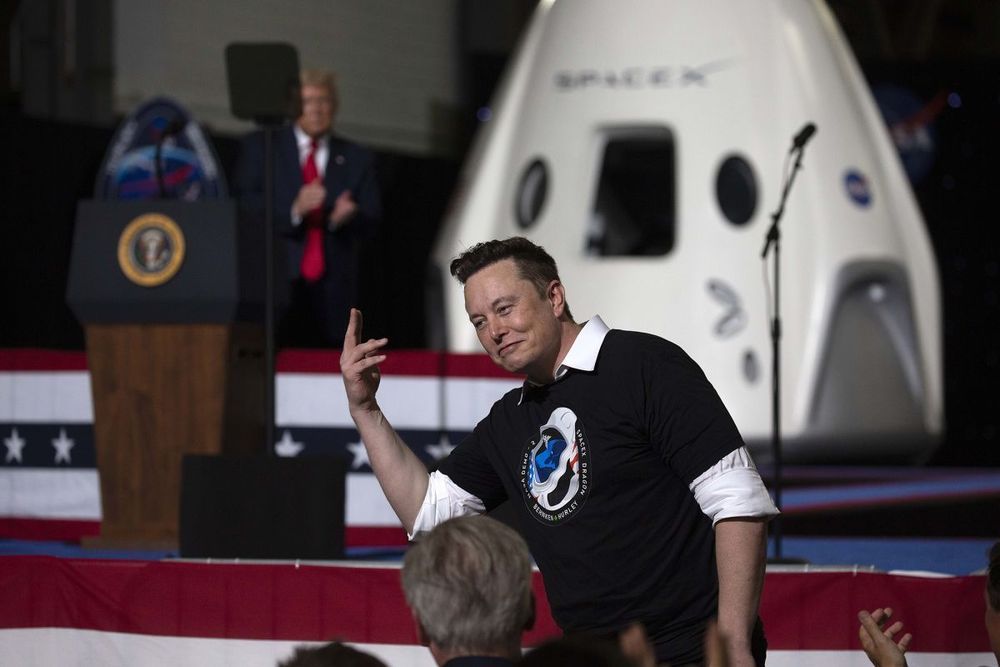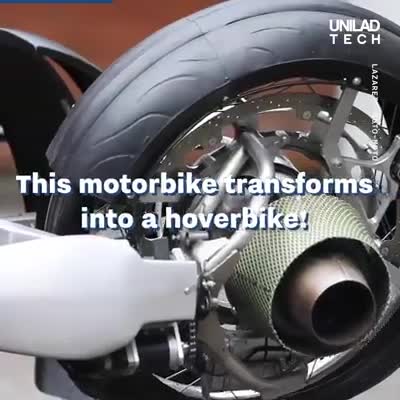Extreme events occur in many observable contexts. Nature is a prolific source: rogue water waves surging high above the swell, monsoon rains, wildfire, etc. From climate science to optics, physicists have classified the characteristics of extreme events, extending the notion to their respective domains of expertise. For instance, extreme events can take place in telecommunication data streams. In fiber-optic communications where a vast number of spatio-temporal fluctuations can occur in transoceanic systems, a sudden surge is an extreme event that must be suppressed, as it can potentially alter components associated with the physical layer or disrupt the transmission of private messages.
Recently, extreme events have been observed in quantum cascade lasers, as reported by researchers from Télécom Paris (France) in collaboration with UC Los Angeles (USA) and TU Darmstad (Germany). The giant pulses that characterize these extreme events can contribute the sudden, sharp bursts necessary for communication in neuromorphic systems inspired by the brain’s powerful computational abilities. Based on a quantum cascade laser (QCL) emitting mid-infrared light, the researchers developed a basic optical neuron system operating 10,000× faster than biological neurons. Their report is published in Advanced Photonics.







